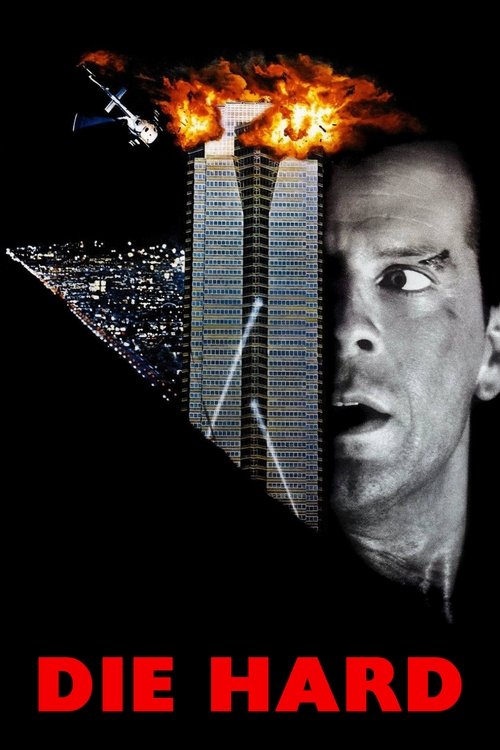
Title: Die Hard
Year: 1988
Director: John McTiernan
Writer: Steven E. de Souza
Cast: Bruce Willis (John McClane), Alan Rickman (Hans Gruber), Alexander Godunov (Karl), Bonnie Bedelia (Holly Gennaro McClane), Reginald VelJohnson (Al Powell),
Runtime: 132 min.
Synopsis: NYPD cop John McClane's plan to reconcile with his estranged wife is thrown for a serious loop when, minutes after he arrives at her offices Christmas Party, the entire building is overtaken by a group of terrorists. With little help from the LAPD, wisecracking McClane sets out to single-handedly rescue the hostages and bring the bad guys down.
Rating: 7.799/10